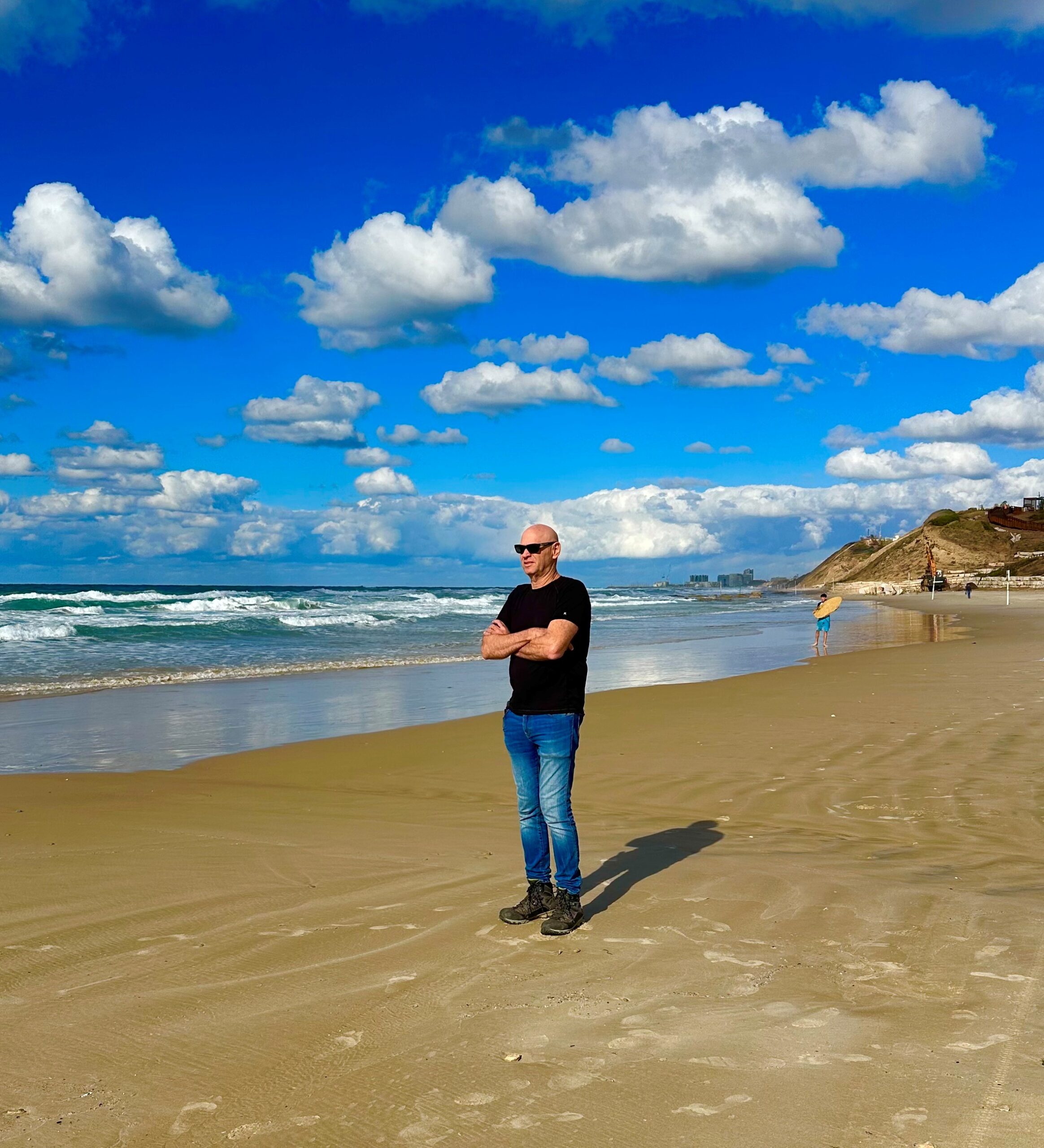Controversy and Oscar Season Buzz Mark TIFF 50th Celebrations
Controversy and Oscar Season Buzz Mark TIFF 50th Celebrations
VERDICT: The Oscar field narrows in Toronto as protesters scrutinize programming.
The Toronto International Film Festival celebrated its fiftieth anniversary this year, but the party was interrupted. TIFF’s decision to invite Canadian director Barry Avrich’s The Road Between Us: The Ultimate Rescue, rescind the invitation citing vaguely defined “general requirements for inclusion in the festival,” before ultimately inviting the film once again spurred no shortage of criticism and discussion. The documentary recounts the story of retired Israel Defence Forces Major-General Noam Tibon as he embarks on a mission to rescue his son and his family following Hamas’ attack on the Nahal Oz kibbutz on October 7, 2023. Protests broke out twice during the festival’s glitzy opening weekend, leading to a wider protest on Wednesday, September 10th with both pro-Palestinian and pro-Israeli groups congregating outside the film’s premiere at TIFF’s largest venue, Roy Thomson Hall.
TIFF chief executive Cameron Bailey’s attempt to explain the process behind ultimately programming The Road Between Us, a decision made to offer “multiple perspectives” on the conflict, didn’t fully clarify matters. Bailey confirmed in an interview with The Globe and Mail that after Avrich’s film was initially turned down by programmers, the director — a former TIFF board member and donor — asked organizers to give his documentary a second look, prompting Bailey to personally screen the picture for consideration. Furthermore, The Road Between Us was the only Official Selection to, notably and unusually, not screen for press. Bailey claimed because of its late addition, they could only accommodate a single, public screening. However, this proves a curious answer as organizers found space for last minute, additional press screenings for popular titles like The Testament of Ann Lee and No Other Choice, and added public showings for highly buzzed films like Sentimental Value and Hamnet. Avrich, in an interview with The Toronto Star, shared his disappointment that conclusions about his film were being made about his film before anyone had a chance to see it, making its inaccessibility to journalists all the more strange.
Inside the cinemas, the festival once again proved to be an awards season augur. Films such as Toronto favourite Guillermo del Toro’s Frankenstein, Chloe Zhao’s Hamnet, Joachim Trier’s Sentimental Value, Benny Safdie’s The Smashing Machine, Park Chan-Wook’s No Other Choice, Oliver Laxe’s Sirat, and Kathouer Ben Hania’s The Voice of Hind Rajab drummed up plenty of positive buzz and chatter in queues and over drinks. Among TIFF’s World Premieres, David Michod’s Christy starring an Best Actress touted Syndey Sweeney, James Vanderbilt’s WWII drama Nuremberg, Chandler Levack’s breezy Mile End Kicks, Paul Greengrass’ thriller The Lost Bus, and Steven Soderbergh’s chamber piece The Christophers were among those that earned praise from the first look audiences and critics.
Those looking for world cinema gems found them in smaller pockets of the festival’s programming, particularly in the Platform and Discovery sections. European Film Promotion helped put a shine on number of memorable premiere bows. Agnieszka Holland’s Franz offered a terrifically slippery portrait of the tortured writer. Saipan saw Steve Coogan and Eanna Hardwicke go head-to-head in a compelling and colorful true story tale of soccer egos on the World Cup stage. Jan Komasa impressed in his English feature debut with the intriguingly oddball anti-thriller Good Boy. To the Victory! offered a meta look at the war in Ukraine with both heartbreak and hope from Valentyn Vasyanovych, while Joscha Bongard’s Babystar took on the age of influencers with inspired verve and sharp wit.
The festival’s demanding screening schedule, in which top-tier titles frequently overlap with smaller foreign or independent movies means that, unfortunately, the opportunity to discover a true breakout surprise Oscar contender or the emergence of a vital new filmmaking voice is more challenging than ever. In 2026, TIFF will launch its first major market, and the festival will become even bigger. Sitting at a crossroads of a beloved local institution, a big deal event for A-listers at the start of the awards season, an excellently curated platform of world cinema’s finest, and soon, a place for major league industry wheelings and dealings, TIFF arguably faces an identity crisis. The festival’s infrastructure, brand, and reputation will need a hard, honest look in the coming weeks and months as they break down the findings of 2025 and plan for next year. Going forward, the festival needs a strongly defined identity and vision — artistically, culturally, and politically — because, in trying to please everybody, this year’s festival struggled to find its footing.


